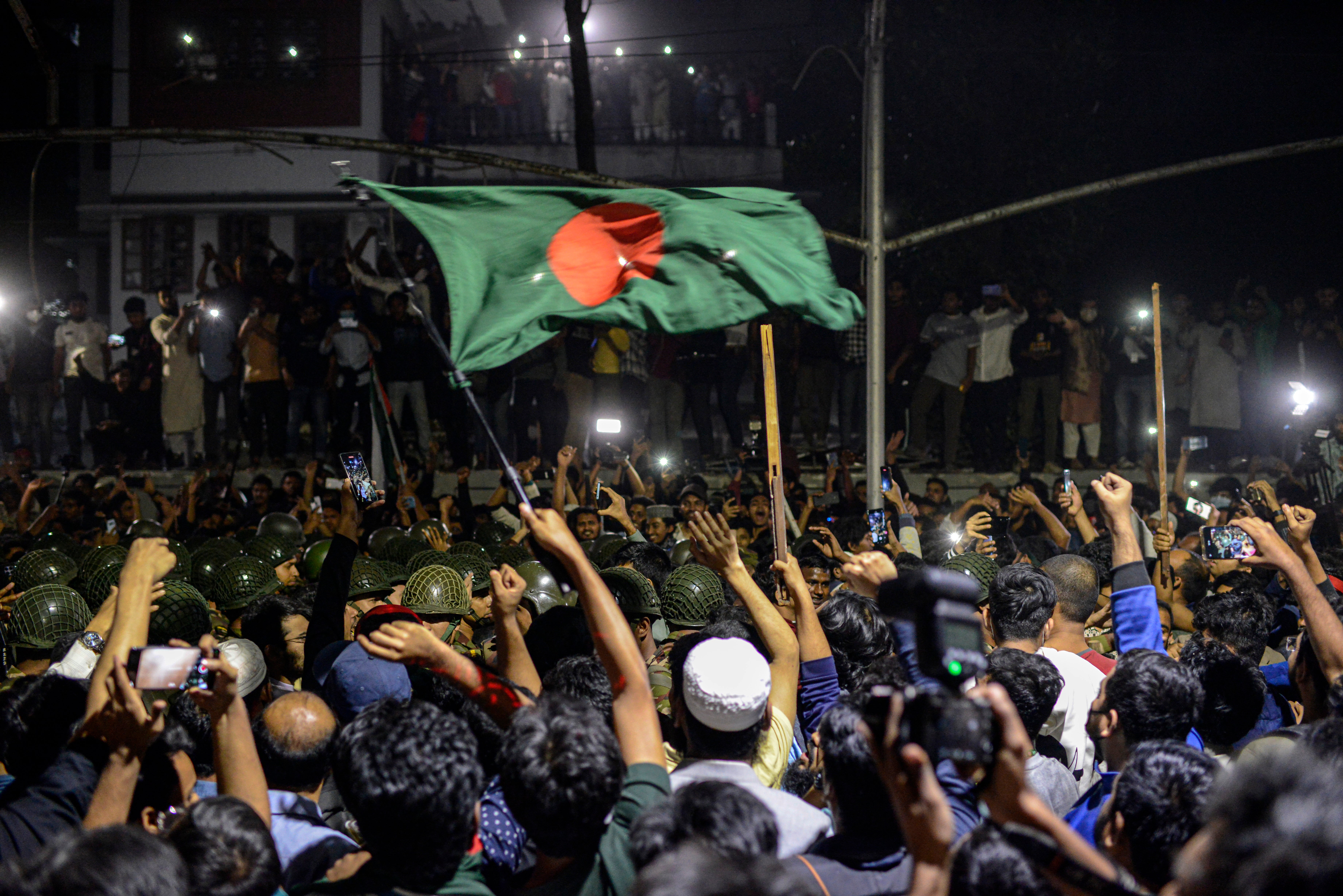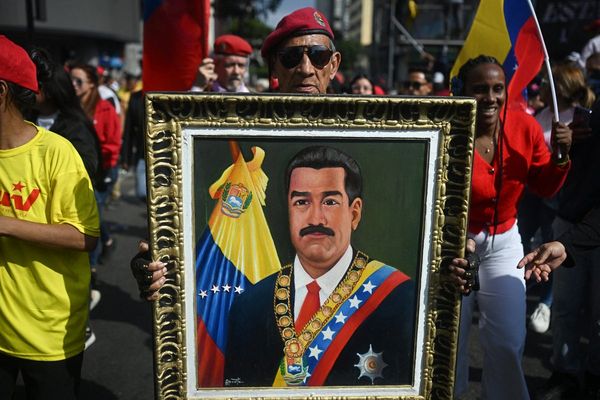A Bangladeshi tribunal has formally indicted former prime minister Sheikh Hasina, who was overthrown in a violent uprising last year, for crimes against humanity.
The International Crimes Tribunal, set up to try members of the Hasina regime for seeking to put down the uprising by force, accepted charges against the ousted leader and two of her former officials, local media reported on Thursday.
A three-member panel led by Justice Golam Mortuza Mozumder indicted Ms Hasina, 77, her home minister Asaduzzaman Khan and police chief Chowdhury Abdullah Al-Mamun on five counts related to the crackdown on the agitation last year.
The panel said it was accepting the charges after examining the evidence presented by the prosecution, paving the way for the trial to proceed.
Ms Hasina, who fled by helicopter to India after her government collapsed on 5 August, was tried in absentia as Mr Khan was.
She lives in New Delhi, close to the corridors of power in the Indian capital, evading an extradition bid by Dhaka’s interim government.
Mr Mamun, who is in custody, has reportedly petitioned the tribunal to become a state witness, according to bdnews24.
The tribunal issued arrest warrants for the former prime minister and 45 of her ministers, advisors, and military and civil officials last October.

At the opening of the trial in June, prosecutors accused the former leader of orchestrating a “coordinated, widespread and systematic attack” on demonstrators against her government. “Upon scrutinising the evidence, we reached the conclusion that it was a coordinated, widespread and systematic attack,” chief prosecutor Mohammad Tajul Islam was quoted as saying by AFP.
“The accused unleashed all law enforcement agencies and her armed party members to crush the uprising.”
A UN fact-finding team has estimated that around 1,400 people were killed in the protests, most of them students. Rights groups have raised concerns about disappearances, custodial deaths, and the use of excessive force during the crackdown.
Ms Hasina faces multiple cases in Bangladeshi courts on the charges of mass murder, enforced disappearances and crimes against humanity.
The power vacuum was quickly filled by a caretaker government led by Hasina critic and Nobel laureate Muhammad Yunus, who returned to the country to be named interim leader. Almost a year since the protests, Bangladeshis await a democratic election to choose their new leader.
Bangladesh reels after rape of Hindu woman filmed and shared online
The ‘big, beautiful’ deal India and US are rushing to seal as tariff deadline looms
Arrest warrant issued for Taliban supreme leader over persecution of women and girls
Floods sweep away 18 people and bridge linking Nepal to China
Pakistan launches crackdown on ‘pet’ lion ownership after woman mauled in Lahore
Lion attacks woman and children after escaping cage in Pakistan farmhouse







